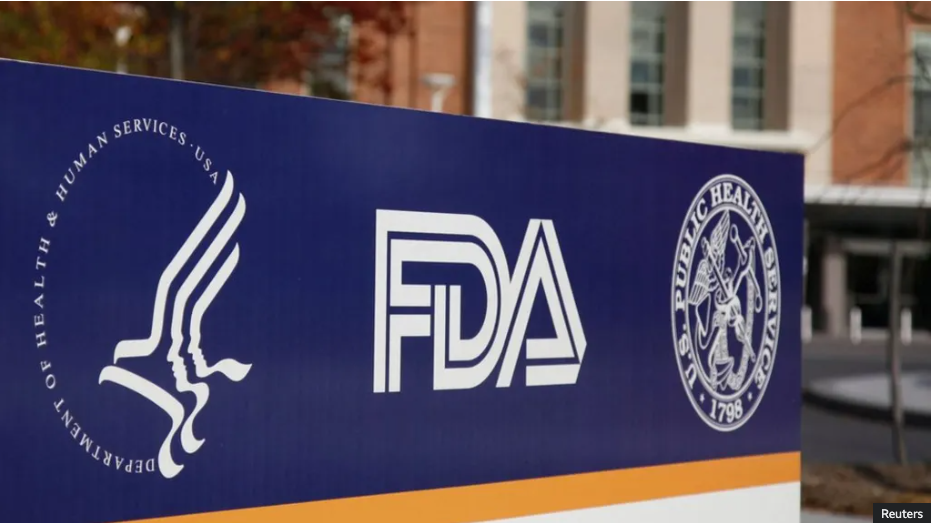Why we think it’s important
This article holds significance due to its exploration of how changes in cardiovascular parameters, particularly during the sleep cycle, may impact health and well-being.
Introduction
Hypertension, a widespread health concern impacting millions across the globe, demands our attention. If not managed effectively, it can lead to severe complications such as heart disease, strokes, and kidney problems. Therefore, exploring ways to manage blood pressure effectively remains a top priority. Recent research has raised intriguing questions about the role of cannabidiol, a compound found in cannabis, in managing hypertension. Here, we summarize a pilot study titled “The Influence of Oral Cannabidiol on 24-h Ambulatory Blood Pressure and Arterial Stiffness in Untreated Hypertension: A Double-Blind, Placebo-Controlled, Cross-Over Pilot Study” which dives into the possibility that cannabidiol might offer a solution by lowering blood pressure and improving arterial stiffness in individuals with untreated hypertension.
Methodology
In this study, 16 volunteers with untreated hypertension, evenly split between genders, were recruited. These participants were divided into two groups: one received oral cannabidiol (150 mg every 8 hours), while the other received a placebo. Crucially, both participants and researchers were unaware of which group was receiving the active substance, maintaining a double-blind approach. The study spanned 24 hours and involved various monitoring methods. The researchers explored various cardiovascular parameters, including arterial stiffness, systolic blood pressure, and mean arterial pressure, with a particular emphasis on their fluctuations during the sleep cycle.
Results
The study’s outcomes are quite promising. While physical activity, sleep patterns, and heart rate variability remained relatively consistent across both groups, participants who received oral cannabidiol experienced notable improvements. Arterial stiffness decreased by approximately 0.7 meters per second, systolic blood pressure showed a reduction of roughly 5 millimeters of mercury (mmHg), and mean arterial pressure decreased by approximately 3 mmHg. Intriguingly, these reductions were most pronounced during the sleep cycle.
Crucially, the study’s safety evaluation revealed that oral cannabidiol was well-tolerated, with no reported development of new sustained arrhythmias among the participants.
Conclusions
All things considered, this pilot study hints at the possibility that a 24-hour regimen of cannabidiol may effectively lower blood pressure and enhance arterial flexibility in individuals with untreated hypertension. While these findings are promising, it is important to acknowledge the study’s limitations, such as its small-scale and short-term nature. Additional research with larger sample sizes and longer observation periods is needed to validate these initial findings and assess the safety and efficacy of extended cannabidiol use for hypertension management. These findings offer hope to individuals grappling with hypertension, potentially pointing towards a future where cannabidiol could be part of a comprehensive strategy for managing high blood pressure and promoting cardiovascular health. However, until more research provides a comprehensive understanding of cannabidiol’s role in hypertension management, it is wise to approach these results with cautious optimism.
Publication
“The Influence of Oral Cannabidiol on 24-h Ambulatory Blood Pressure and Arterial Stiffness in Untreated Hypertension: A Double-Blind, Placebo-Controlled, Cross-Over Pilot Study.” (T. Dragun, et al., Adv Ther, 2023)







